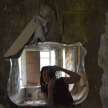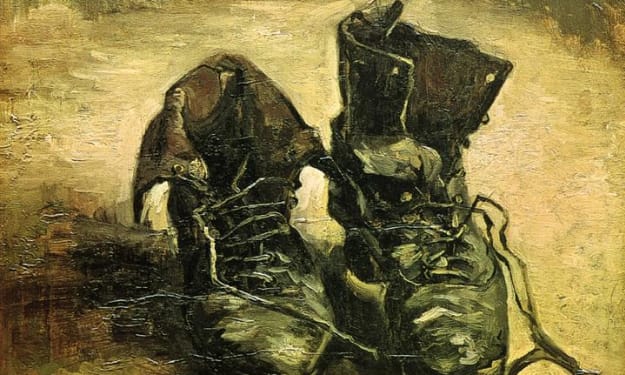Wollstonecraft: A Philosophers Argument for Equal Rights
A study of the potential outcomes of equal rights for women in the 18th Century

Wollstonecraft, in her publication 'A Vindication of the Rights of Woman' (1792), not only advocates for equal rights for women, but discusses potential outcomes. “Let woman share the rights and she will emulate the virtues of man; for she must grow more perfect when emancipated, or justify the authority that chains such a weak being to her duty”. Wollstonecraft clearly states two outcomes should women, from childhood, receive the same education and nurturing as men and in turn not experience coercion towards a submissive character throughout their lives.
Women, she states, may thrive in their freedom and become as socially effective as their male counterparts, and the faults of the female character, which Wollstonecraft recognizes exist, will ‘disappear’ - virtue will prevail. Give them the tools and opportunities to be morally strong, well rounded individuals and end the self fulfilling prophecy of women being vain, feeble and emotionally unstable.
The other possible outcome Wollstonecraft proposes is that they will flounder if treated equally to men, proving that women truly do need men to dominate over them, as they cannot conduct themselves correctly. In turn, this will justify the belief of Rousseau’s (a Genevan writer and philosopher) that men are the naturally superior sex, and that it is the order of nature that woman should obey man. In this instance, she sarcastically suggests that men should pursue further control measures, becoming a complete dictator in their household through violent means.
Wollstonecraft believes, however, that the former outcome is most likely - Women's nature, should it not be molded by the belief that their characters are inferior to men's, will flourish and in turn dispel the belief that men are naturally more capable and rational.
Wollstonecraft believes that men, although physically stronger than women, do not ‘naturally’ have stronger characters. This fact will be exposed, should women be treated, from childhood, in the same manner as men - their characters therefore will not be distorted. Females should not be given the toys which act as tools to establish shallow traits (dolls, mirrors, pretty dresses) or be told that female destiny equals motherhood and submission. How girls are treated results in women being forced into the unintelligent and contemptuous beings that Wollstonecraft recognizes them as. The self fulfilling prophecy of women being seen as, thus treated as and growing into weak and incapable beings, will be averted. This will then disprove the current assumption on women's natural characters.
Women will thrive and show they have the power of reason, if given the same opportunities as men and are raised as men are. Women's education will allow for liberty from dependence, diversity of destiny and open up the stage for further social equality (e.g. political representation and more security with assets). Women will be able to stand alone, with strength, and contribute to society, which will benefit from ‘social order founded on reason’. Men too will benefit by not being made into tyrants and brutes. If not taught that their only power is through beauty and subservience, women will recognize they have power in other ways, just as men can see this.
Wollstonecraft believes that, in her time, men treat women ‘more severely’ than they treat horses and asses. She is adamant that, until women prove men otherwise (in terms of their ability to meet the moral standards of men), men should allow them the ‘privilege of ignorance’. How can women's behavior be judged (as it so critically was at the time) without proof that they have the ability to conduct themselves appropriately? She feels that women are being treated in a deplorable manner from childhood, without being given the tools to ensure they have well rounded characters, how then can they be unfairly expected to meet the standards of society? This is not expected of animals, so why is it expected of women? In turn, women do not, then, have the ability to be objects solely for the pleasure of men. Treat them as unwise and unreasonable creatures, and that too with an expectation that they will behave in the basic, unreasonable way which ‘unintelligent’ animals do - and do not admonish them for behaving in a way that is true to their nature and ability. Do not then suppose they have the ability to be wonderful. If women's rights are shown to have no foundation, there no longer exists a basis for their duties to be performed - be it as wives, mothers or daughters - to a high standard or otherwise.






Comments
Juliet Wilkinson is not accepting comments at the moment
Want to show your support? Send them a one-off tip.